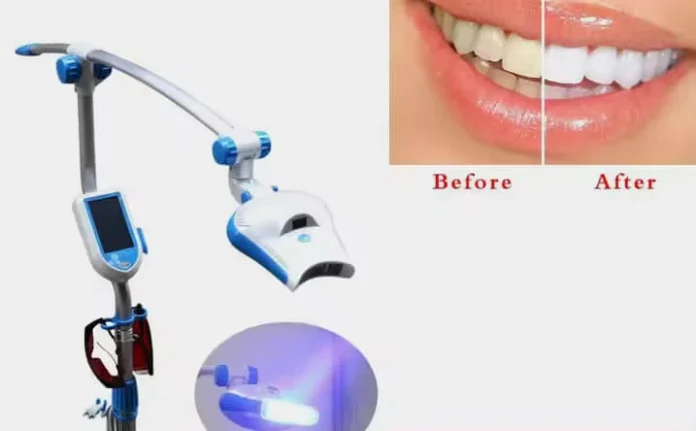Comparing Teeth Whitening Courses: What Sets Accredited Programs Apart in Today’s Market
The demand for brighter, whiter smiles has never been higher, and with it comes a booming interest in teeth whitening training. Whether you’re an aspiring dental professional or an entrepreneur looking to expand your beauty services, choosing the right course can make or break your success. In today’s crowded market, accredited teeth whitening programs stand out as the gold standard — but what exactly sets them apart? This guide will help you navigate the options and make an informed decision.
The Growing Popularity of Teeth Whitening Courses
The cosmetic dental industry continues to flourish, and non-invasive treatments like teeth whitening lead the charge. Short, skill-focused courses promise to turn beginners into certified specialists, but the market is saturated with choices. Understanding the difference between generic and accredited teeth whitening courses is essential for anyone serious about building a reputable practice.
Why Accreditation Matters
1. Professional Credibility
One of the biggest benefits of enrolling in an accredited teeth whitening course is the credibility it brings. Accredited programs are often approved by recognized dental or health organizations, ensuring you meet industry standards. When clients see that your training is backed by a trusted institution, it builds immediate trust and confidence in your service.
2. Up-to-Date Curriculum
Accredited courses must regularly update their content to meet evolving industry guidelines. From safe whitening agents to the latest tools and techniques, these programs equip you with real-world knowledge that matches modern client expectations. In contrast, non-accredited courses often rely on outdated or unregulated information.
Quality of Instruction: Who’s Teaching You Matters
When comparing teeth whitening courses, the instructor’s credentials are non-negotiable. Accredited programs employ certified dental professionals or experienced cosmetic experts to teach both theory and hands-on application. Their guidance ensures you learn proper safety protocols, legal considerations, and client care, reducing your risk of errors and liability.
Non-accredited courses often cut corners by using unqualified instructors, which can leave you ill-prepared for real-world scenarios.
Comprehensive Hands-On Training
1. Real-World Practice
Accredited teeth whitening courses typically offer supervised, practical sessions where you can apply techniques on models or volunteer clients. This hands-on training is critical for mastering the precision and safety required in cosmetic whitening treatments.
2. Legal and Ethical Compliance
Another standout feature of accredited programs is their focus on legal and ethical practices. From client consent forms to health and safety regulations, these courses ensure you’re fully prepared to run your business within the law — a key aspect often overlooked in generic courses.
Post-Course Support and Career Growth
Professional growth doesn’t stop once you receive your certificate. Accredited programs often offer robust post-course support, including mentorship, business advice, and access to updated materials. Some even offer help with insurance and product sourcing, setting you up for long-term success.
Non-accredited courses, on the other hand, often leave you to figure out the business side on your own, which can stall your progress and erode your confidence.
Conclusion
In the ever-expanding world of cosmetic dentistry, not all teeth whitening courses are created equal. Accredited programs offer professional credibility, updated training, skilled instructors, and real-world practice that generic courses often lack. Investing in accredited teeth whitening courses isn’t just about earning a certificate — it’s about building a sustainable, ethical, and successful business.



















